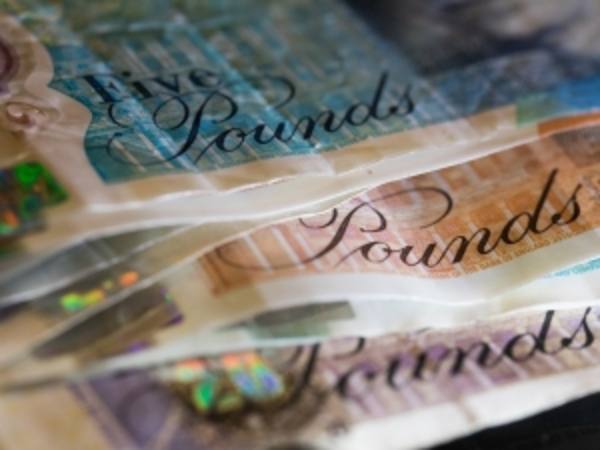There are reputed to be 30m stamp collectors, or philatelists, worldwide. Numismatists, or coin collections are fewer in number, but growing. So with a collector base like this, there is depth and liquidity to the market and, for these reasons, many now see it as an interesting investment alternative.
As with other forms of tangible asset investment, though, there are traps that they unwary could fall into. The stamp market in particular, dominated by Stanley Gibbons, is known for big spreads between bid (selling) and offer (buying) prices. If the spread is, say, 10 per cent, your investment would therefore have to increase by this amount before you made a profit.
Consequently, other dealers grumble about the stranglehold Gibbons has on the market. Arguably, this militates against short-term gain. However, as with coins, over a longer time span – and discounting bubble conditions that have appeared from items to time – returns can be in low-double-figure percentages.
Like other collectibles, specialising in an area you know about, and buying a relatively small number of items in tip-top condition, is the best route. While no guarantees are offered, in cost cases, if you buy an investment-grade item from a dealer and then change your mind, it be generally be sold back at cost.
With stamps, the areas to avoid are those issuing has been profligate level. For example, while they are interesting to some, modern first-day coves have little value to investors. Stamps from the Edwardian and Victorian era are generally the only game in town.
As with coins, the rarest items are often errors and proofs. Genuine rarities, where there are few known examples in existence, can fetch prices in five or even six figures. Philatelists go into a state of rapture over 'multiples' and examples of stamps from the edge or corner of a sheet.
So, unless you are a real expert, navigating markets like this can be something of a problem. That's why Stanley Gibbons and some other dealers are happy to put together portfolios for would-be investors – and this can be a good first step.
As you become more interested in the subject, you may then strike out on your own. But be careful. Some dealers regard buying stamps for investment as vulgar.
An interesting twist on the investment theme is the guaranteed minimum-return contracts offered by Stanley Gibbons. These specify a level of investment and give a fixed minimum return, calculated on the basis of simple, rather than compound, interest. The contracts are backed by a dedicated portfolio of stamps.
Invest £10,000 for 10 years and you guaranteed to receive £16,000 at the end of the term.
If the stamps are worth more than this, you can either keep them, or sell them commission-free through a Gibbons auction, or sell them back at 75 per cent of catalogue value. Contracts for shorter periods offer lower returns. A five-year contract will return 125 per cent of the amount invested at the end of the period, for example. The stamps are stored by Gibbons free of charge.
For more on investing in stamps, see
Coins
There are no products like this currently on offer in the coin market but, if you're unsure which coins to buy and how much to pay, getting the experts to work for you is a viable option. Established dealers such as AH Baldwin and Spink can put together investment-grade portfolios for clients wishing to invest in the coin market.
If you plan to strike out on your own, the same rules apply: buy the best you can afford, in the best conditions. Buy in an ears you know, or that you have a specific interest in. Specialise and focus.
But if you think the coins themselves are a bore, and you simply want some diversification, an interesting option for non-numismatists is to buy shares in Avarae Global Coins (AVR). This is an Aim-traded investment fund invested in a wide-ranging portfolio of coins, including the recently acquitted 'Leopard', an early English coin that, at £400,000, is the most expensive ever sold in Britain. Isle of Man-domiciled, Avarae is advised and managed by Noble Investment (UK), AH Baldwin's parent company. Its share price is expected, over time, to track the underlying value of the portfolio.
Unlike the coins themselves, Avarae's shares can be put in a Sipp.









